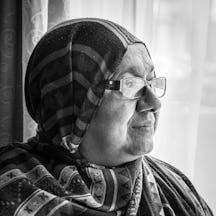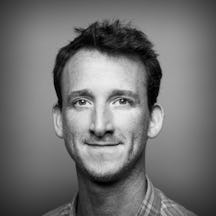I’m a disabled Asian woman, and the mother of four grown-up children. I’m trying to educate people, and show them that we have to talk about disability if we want things to change.
“People see the disability but forget the ability”
Words by Sarifa Patelphotography by Benjamin Gilbertaverage reading time 5 minutes
- Article
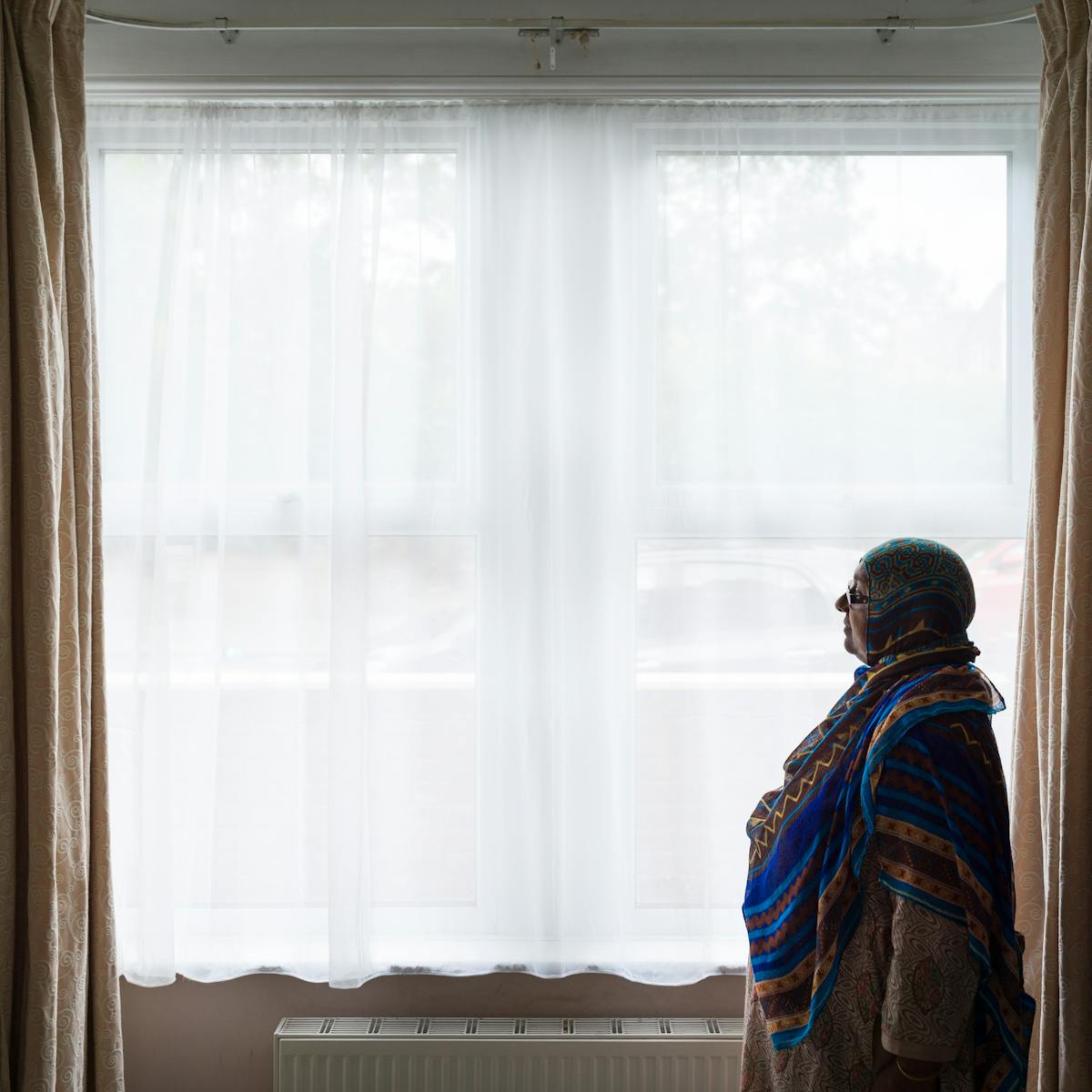
As well as being a disabled parent, I also have a disabled child with a life-threatening condition. He’s spent a lot of time in hospital. It’s been an emotional rollercoaster, and exhausting. Our family needed more support, but disability is a taboo in my community.
No group is ‘hard to reach’: you just have to address our concerns and meet us at our level. But there’s still a way to go for support services to meet the cultural needs of ethnic minorities. The system really fails some of our families; it forgets our children’s human rights, and what gifts our children bring into the world.
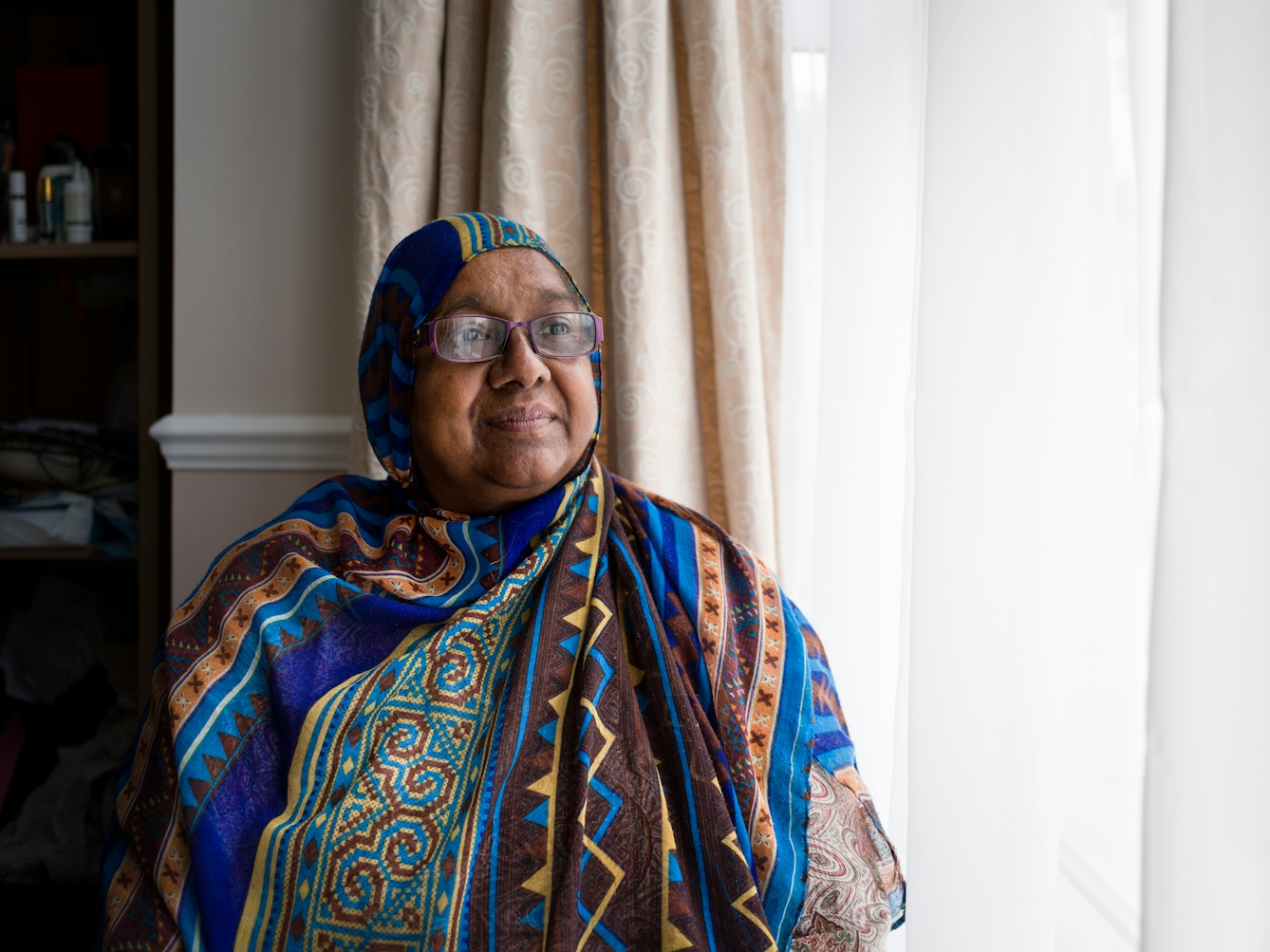
"I’m not the stereotypical Asian woman that people would like me to be."
Seeing the whole person
My son has made me who I am from an activist perspective, from a disabled perspective, and as somebody who wants to bring about change. He’s given me that motivation. He’s 34, but even now I will fight his corner, and other people’s corners too. I think the world is so unjust for some people, especially if you are labelled as having mental health issues. People see the label and forget the person; they see the disability but forget the ability.
Often someone will be dealing with lots of challenges, not just one thing. They might have physical and mental health issues, as well as financial difficulties. Some of their disabilities may be hidden. They might be caring for others as well as looking after themselves. There may be language barriers, and they may face racism.
I’ve learned from my own experiences, and my insight comes from the fact I’ve been there. I was always put down as a neurotic mother, the mum who wants to take over her child, but actually it was the other way around – I wanted to empower my child. My roles with Action for Sick Children and Parents for Inclusion have enabled me to rescue a lot of other women who have been labelled in the same way. I can help because I understand what they’re going through.
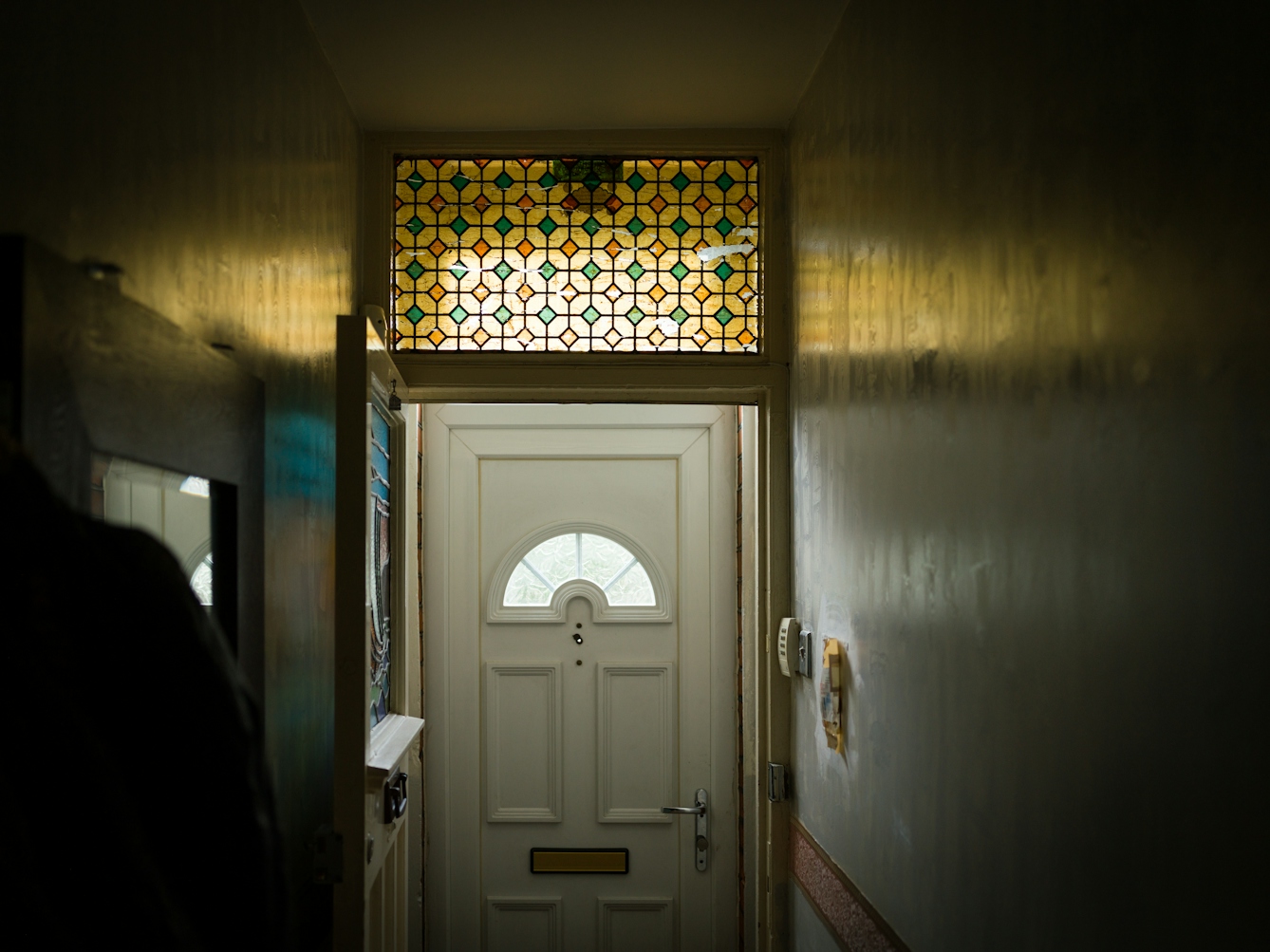
"A petrol bomb was put through our window in 2004. That really upset us, but we didn’t move away."
Daring to be different
Some people don’t like that I challenge the authorities so much. In our culture, and where I’m from, India, you bend down to powerful people, you do not challenge them. But it’s something I’ve always done.
Our family has had a lot of hate crime from within our own community. A petrol bomb was put through our window in 2004. The house was gutted, and we lost a lot of sentimental stuff. That really upset us, but we didn’t move away. I said to my family, “Out there somebody doesn’t like us, and they’re trying to frighten us, but if we play to their tune and move away, then wherever we go they’ll keep doing this, because they’ve then seen that we’re weak in that area. What we’ve got to do is face these bullies.”
I’m not the stereotypical Asian woman that people would like me to be. And, because I’m disabled, they want me to be in the house and not go out to work. I should keep my energy for being disabled, and for being a carer. But it’s my choice and I need an outlet. I want to work, and to provide for my family. I find it to be a good solution for me; it keeps me mentally alert, physically alert. I get a lot of fulfilment from helping people.
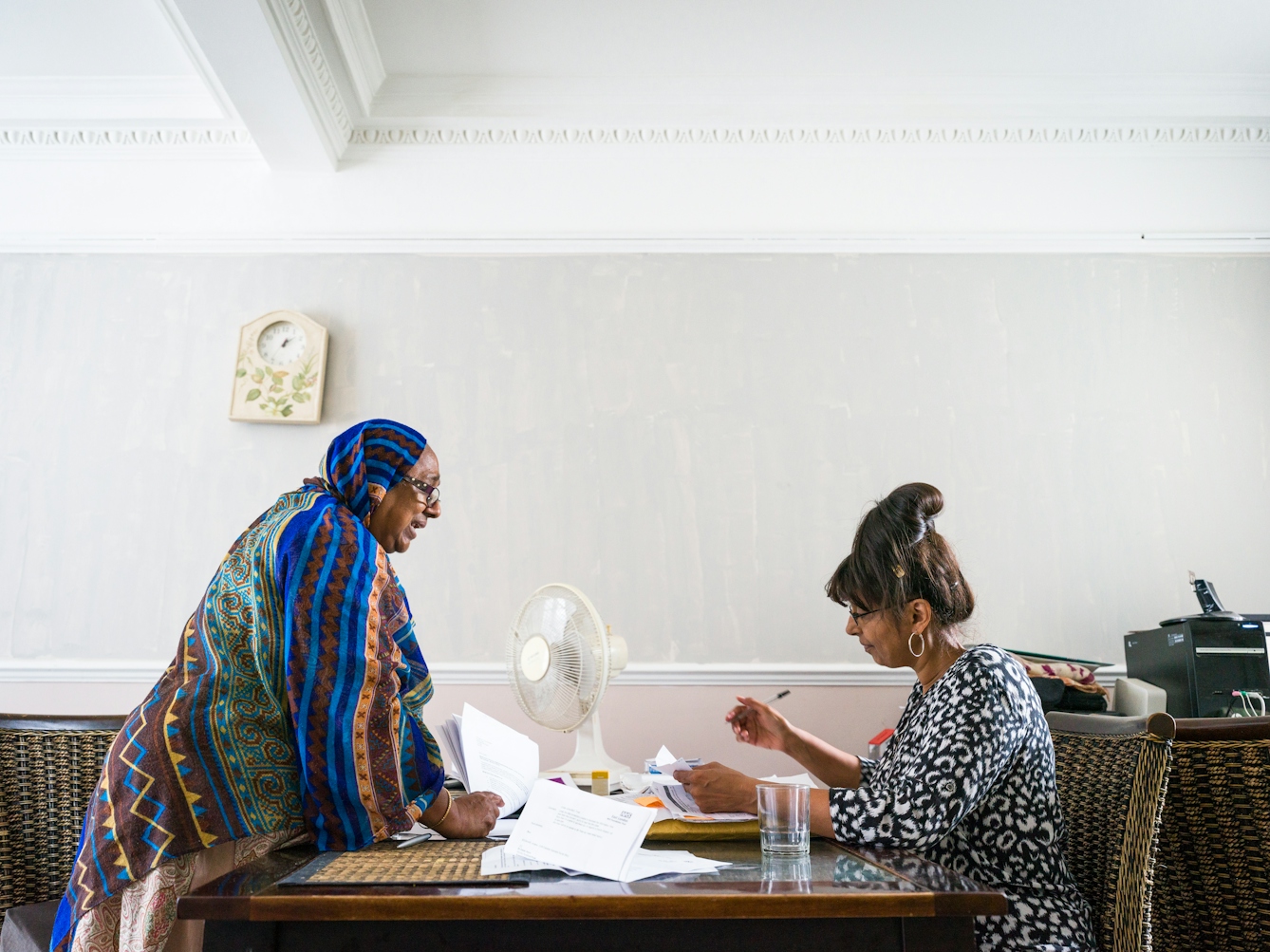
"Funding cuts make me concerned about the future of the charities I work with."
Challenging cuts, changing lives
Every day is different, and every day I can have something planned but it’ll never work to the plan, because there might be something wrong with my husband, my son, or my own health. But where there’s a will, there’s a way.
Austerity is a big challenge right now. There’s been a massive reduction in the financial support I receive, and my personal assistant wasn’t paid by Access to Work from November 2017 to April 2018. Funding cuts also make me concerned about the future of the charities I work with. I’m torn about where to focus my attention, on fundraising or my actual work.
I work from home so I can care for my husband and son when they’re not well, but I go to a lot of meetings – I’m vice-chair of the Alliance for Inclusive Education and we’re meeting this afternoon, for example – and my phone is always busy; it’s like a helpline for parents who need advice. When I’m in meetings I don’t pick up, but I always call back.
I want to give, not just take. I feel I’m a good role model, showing that disabled people exist and work, and have an active life. I have an interesting life – very busy, very challenging. When you have these barriers and challenges, they help you make social solutions in a different way, not just for yourself but for other people. It’s not just bringing change for you; it brings change for a lot of people.
In pictures
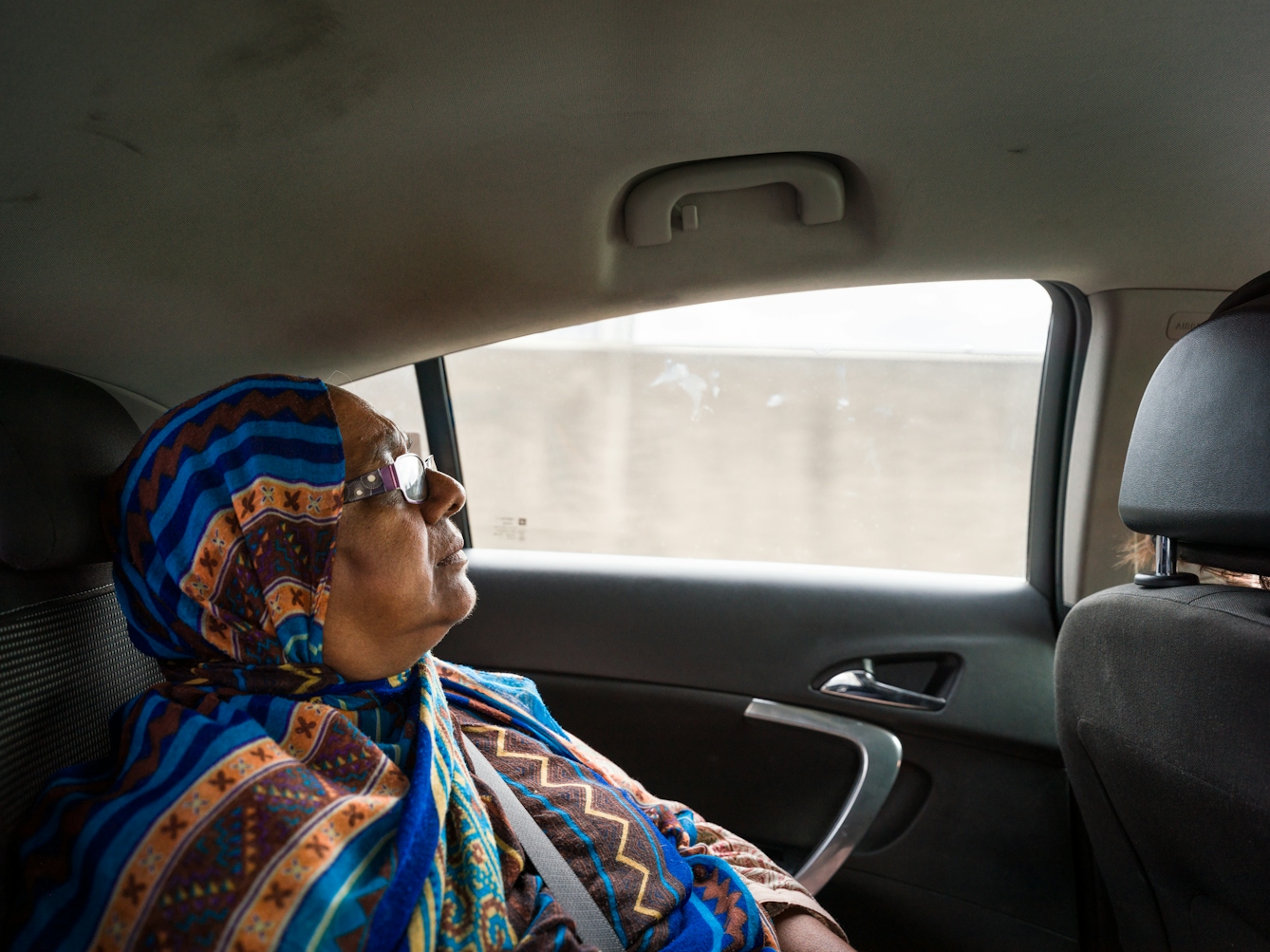
Sarifa travelling by taxi to a meeting of the Alliance for Inclusive Education.
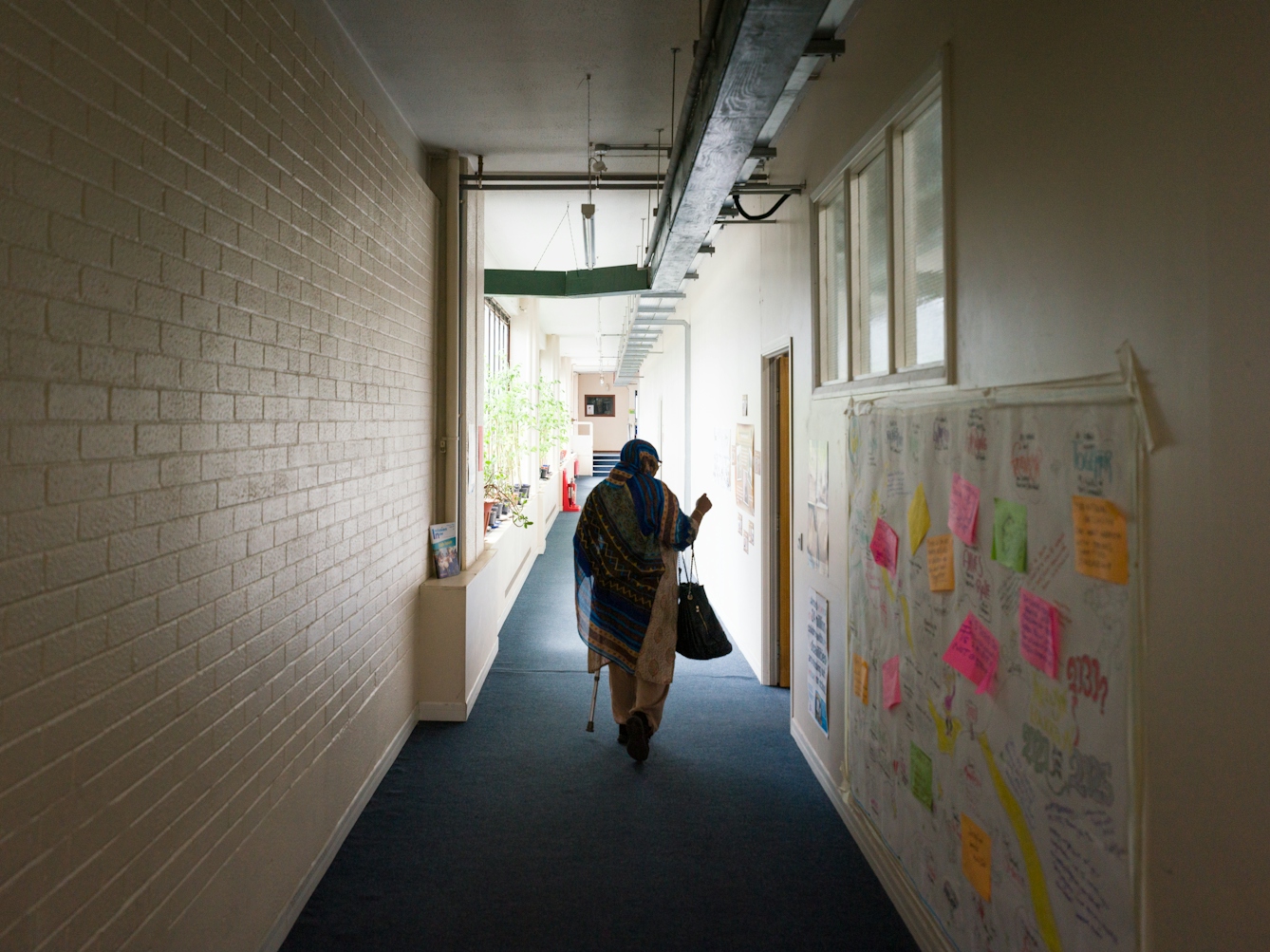
Sarifa arriving at the offices of the Alliance for Inclusive Education.
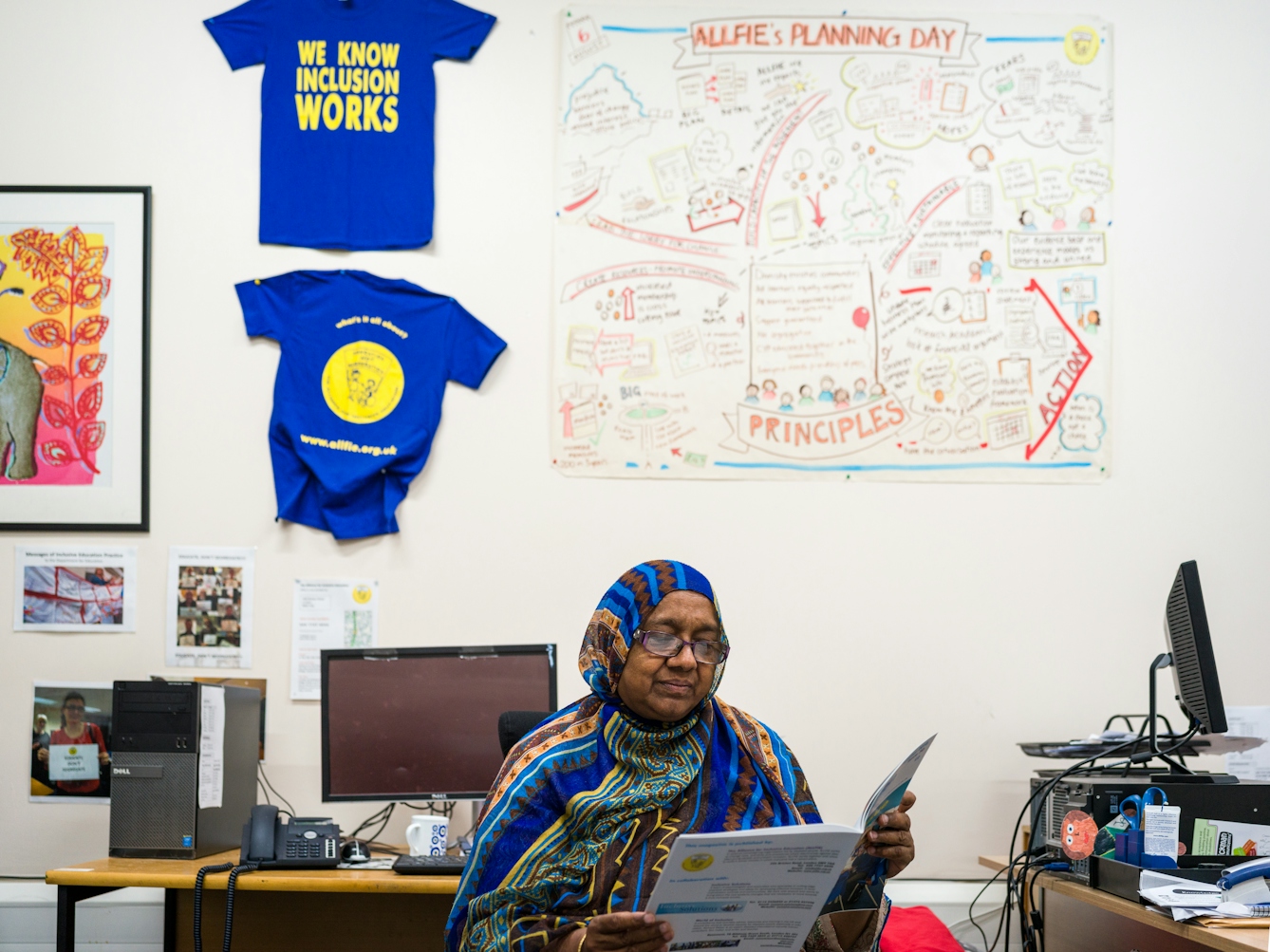
Reading the latest edition of ‘Inclusion Now’ magazine, before the meeting.
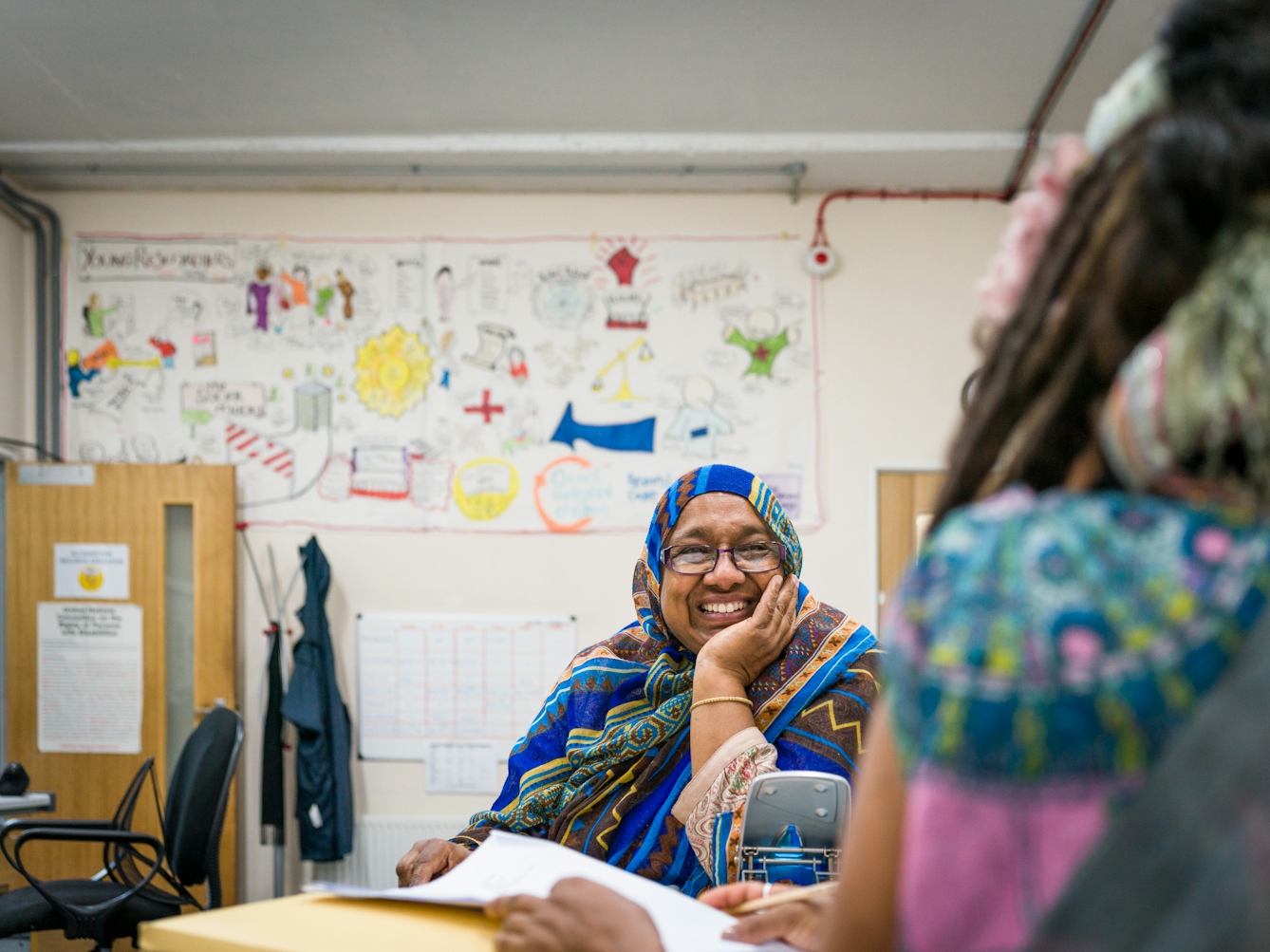
Talking to a member of staff at the Alliance for Inclusive Education.
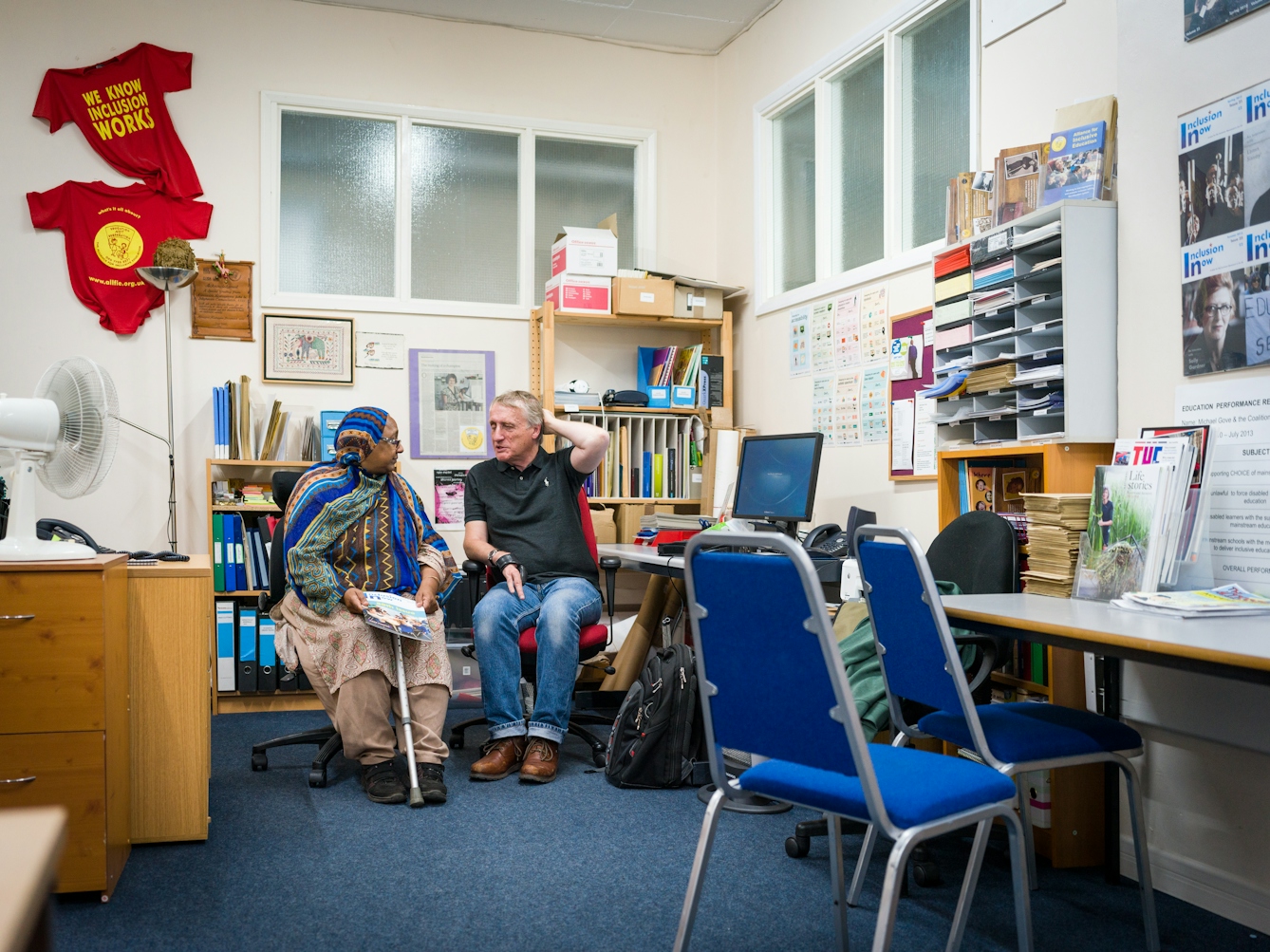
Talking to a fellow trustee of the Alliance for Inclusive Education.
About the contributors
Sarifa Patel
Sarifa is a mother, an activist, and a grassroots campaigner for disabled people’s rights. She is vice-chair of the Alliance for Inclusive Education and co-chair of the Newham Disability Rep Forum. Sarifa is also a trustee of POhWER and Cyana, on the advisory board for Together! 2012, a patient representative for Macmillan London, and a volunteer for Macmillan and Parents for Inclusion. She is especially focused on supporting her local BAME community and people with hidden disabilities.
Benjamin Gilbert
Ben is a senior photographer for Wellcome. He is happiest when telling stories with his photographs, whether that be the health implications of rural-to-urban migration in India, or the dedication of the workers who power the NHS.
